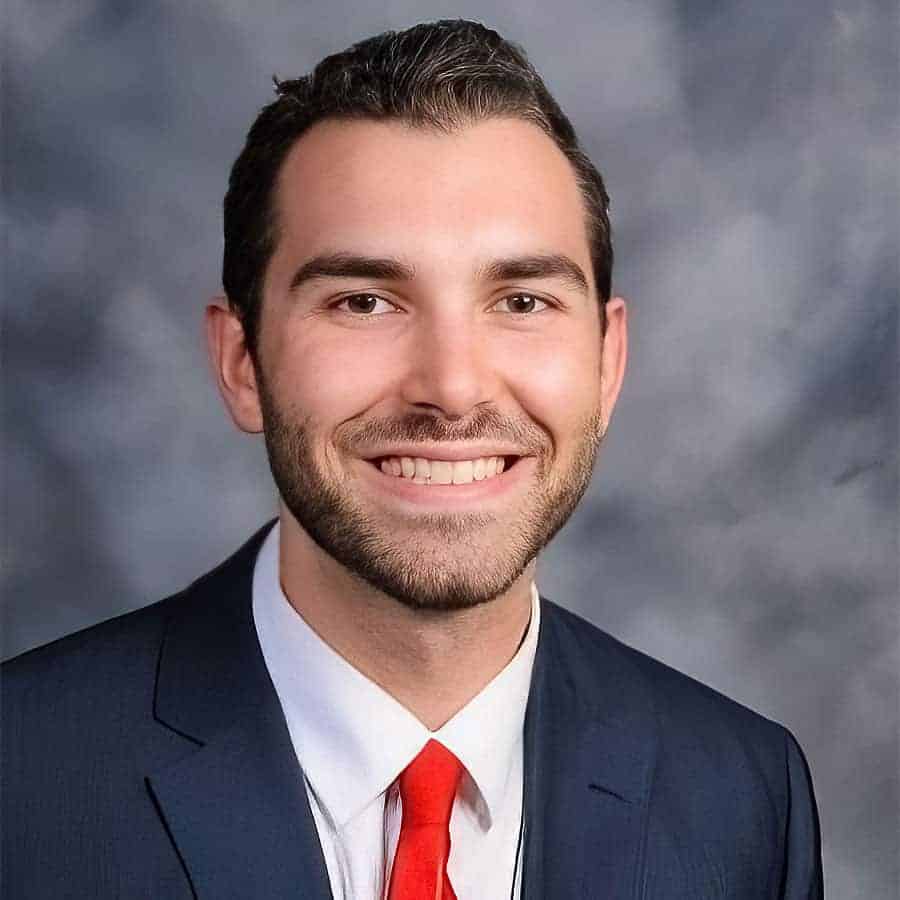In this episode, I talk with Bart Kemper, P.E., CPEng, RPEQ, principal engineer at Kemper Engineering Services, LLC, about the crucial role of a Responsible-in-Charge (RIC) in AEC projects, focusing on decision-making, accountability, effective delegation, team trust, and its impact on project success.
***The video version of this episode can be viewed here.***
Engineering Quotes:
Here Are Some of the Questions We Ask Bart:
- Is returning to basic engineering principles key to solving problems across different fields when overseeing multiple disciplines?
- Could you explain the concept of “Responsible-in-Charge” in engineering and why it’s crucial?
- How does the “belly button to push” concept relate to decision-making and accountability in engineering projects?
- Could you provide more information about signing the Blameline and its impact on project outcomes?
- What’s your approach to delegating tasks in engineering and which strategies balance control and trust effectively?
- How do you build trust among team members to encourage embracing failure, and why is it beneficial?
- How do engineering principles apply to different professions and why are they beneficial?
- What advice do you have for engineers to succeed in today’s complex environment?
Here Are Some Key Points Discussed in This Episode About How to be an Excellent Responsible-in-Charge:
- Returning to basic engineering principles is key to solving problems across different fields when overseeing multiple disciplines, as it provides a solid foundation for making informed decisions and coordinating with specialists.
- The “Responsible-in-Charge” in engineering is the person who oversees the project, ensuring everything is done safely and correctly. This role is crucial for accountability and effective coordination.
- The “belly button to push” concept in engineering projects means having one person responsible for a specific area, ensuring clear decision-making and accountability. This person is the go-to for resolving issues, streamlining communication, and maintaining project oversight.
- Signing the “Blameline” in engineering means taking full responsibility for project outcomes, driving careful decision-making, and impacting project success and quality.
- In engineering, task delegation involves assigning responsibilities to individuals who demonstrate passion and technical ability, irrespective of their seniority. This approach balances control and trust by empowering team members early on and supporting them through structured reviews, cultivating a culture of learning and growth.
- Building trust among team members involves leading by example, openly discussing mistakes, and supporting each other through challenges. This creates a culture where failure is seen as an opportunity to learn and grow, motivating team members to take risks and improve their skills.
- Engineering principles are relevant across professions like medicine, law, and military service, where accountability for critical tasks is essential. Embracing these principles promotes safer and more effective outcomes in diverse fields.
- Returning to basic physics principles learned in high school can often provide solutions to engineering problems, helping engineers approach challenges with clarity and avoid bias, ultimately leading to more accurate solutions.
More Details in This Episode…
About the Guest: Bart Kemper, P.E., CPEng, RPEQ

Kemper is a Fellow of the American Society of Mechanical Engineers (ASME) and the National Society of Professional Engineers (NSPE). He is licensed as a Professional Engineer in multiple U.S. states as well as a Chartered Engineer in Australia and a Registered Professional Engineer of Queensland (RPEQ). Kemper is a board-certified forensic engineer as a member of the National Academy of Forensic Engineers (NAFE) and the International Board of Forensic Engineering Science (IBFES). Retiring as a Lieutenant Colonel after 32 years of Active and Reserve service, enlisted and officer, his technical areas included construction, pipelines, bridges, tunnels, forensic post-blast assessments, infrastructure assessment, and development.
Kemper’s service in Iraq, Afghanistan, Korea, and Europe saw a heavy emphasis on anti-terrorism and counter-terrorism, ranging from protective engineering to countering improvised explosive devices (IEDs) to using engineering projects to influence local populations. Bart commanded at the company and battalion levels as well as serving on joint staffs. He has over 40 professional publications, is a peer reviewer for multiple publications, and is the Editor-in-Chief for the peer-reviewed Journal of the National Academy of Forensic Engineers. He is a member of multiple Codes and Standards committees, including ASME Pressure Vessels for Human Occupancy (PVHO); ASTM E54 Committee on Homeland Security Applications; and ASME Verification, Validation, and Uncertainty Quantification (VVUQ) subcommittees Solid Mechanics (VVUQ10) and Machine Learning and Artificial Intelligence (VVUQ70). He regularly lectures at ULL and Southern University. Kemper has served on multiple policy committees for NSPE, responding to Congressional inquiries on technical matters, resulting in the Systems Software Integrator program being developed by NICET.
About the Host: Nick Heim, P.E.

Nick’s interests lie at the intersection between the built world and technology, and he can be found looking for the ever-changing answer to the question, “How can we do this better?” Nick can be found on LinkedIn, producing content about the use of technologies in his civil engineering career and small business.
Sources/References:
Kemper Engineering Services, LLC
National Academy of Forensic Engineers (NAFE)
NSPE Webinar: Professional Engineering Ethics, Risk and Liability with Technology
Connect with Bart Kemper, P.E., CPEng, RPEQ, on LinkedIn
Send Bart an Email
We would love to hear any questions you might have or stories you can share about your experiences and practices as a Responsible-in-Charge (RIC) in AEC.
Please leave your comments, feedback, or questions in the section below.














